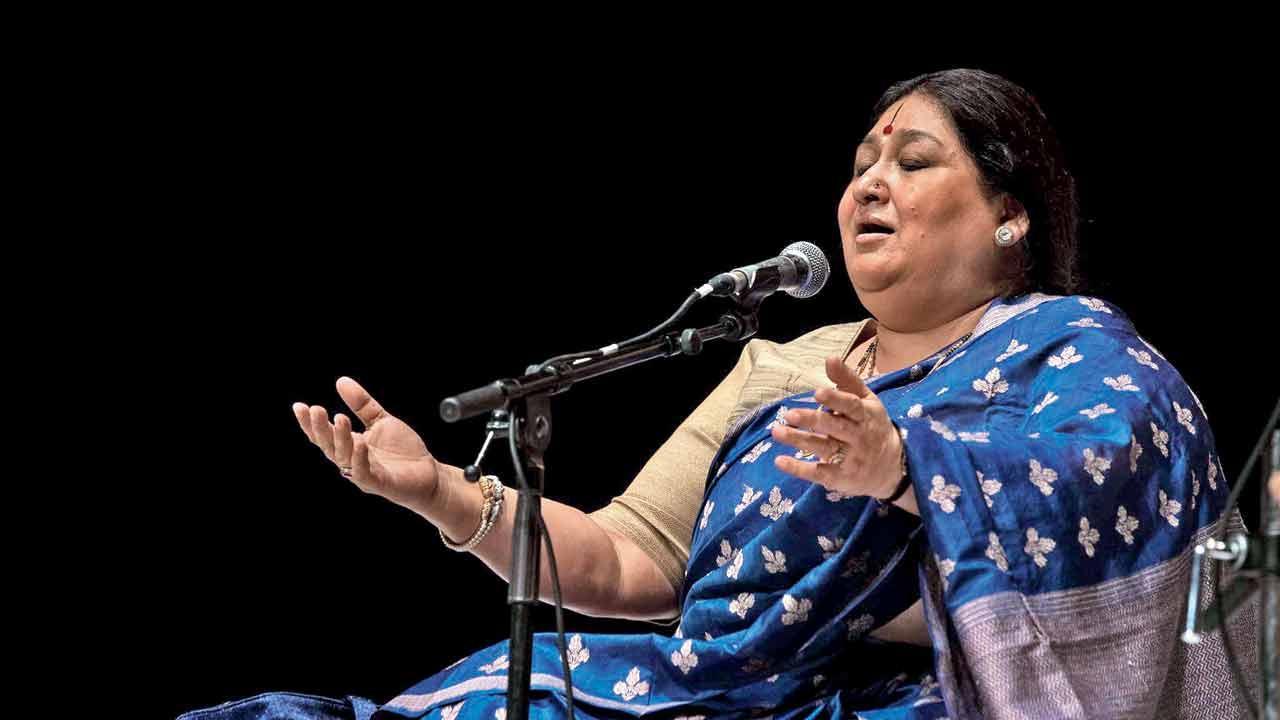Ace vocalist Shubha Mudgal opens up about the Bhakti poet ahead of a concert where she will pay tribute to him

Ace vocalist Shubha Mudgal
Tell us a bit about the historical significance of Kabir’s poetry.
I must preface my response by confessing that by no means am I a scholar of Kabir’s poetry. I have come to know the little that I do about Kabir’s poetry more through his dohas and padas, which have been sung by musicians for generations, than from having studied literature. It is widely believed that Kabir passed away in the early part of the 16th century. He is considered to be one of the most prominent saint-poets of the Bhakti movement, who lived six centuries ago. In his lifetime, it is believed that his poems were passed on orally to his disciples and followers, and were committed to writing and publishing several centuries after his passing. It is therefore difficult to say which of the verses and couplets attributed to him were indeed written by him. And yet, for centuries, musicians in India as well as artistes from across the world have continued to sing his poems in different genres and styles of music. I too am one of countless such musicians who have been drawn to singing Kabir’s bani.
ADVERTISEMENT
What, according to you, are some of the most appealing facets of his poetry?
Kabir’s verses are multi-layered. They are at once, charming, simple songs, often of love and peace. But scratch the surface, and much deeper, philosophical truths are laid bare for those who wish to explore them. This is one of the most fascinating aspects of his poems for me.
How do his poems reflect the society that we live in today, and how can we better ourselves through them?
Kabir lived at a time when religious communities were deeply polarised, when divisions of caste, creed and gender were common. That hasn’t changed too much even today when perhaps we are even more polarised than ever before. Inequalities, injustices, and exploitation flourish even today and that is perhaps one of the reasons due to which many musicians continue to find relevance in Kabir’s poetry. Whether or not we can better ourselves by heeding Kabir’s call is something I cannot vouch for. Today, when being inclusive or liberal or unorthodox is not just looked down upon, but invites trolling and abusing, I am not certain that listening to Kabir will make any difference in society. All I can do is to try and sing those verses of Kabir that I am drawn to, with sincerity and integrity, and hope that it may touch some listener’s heart for the better.
On: March 27, 7.30 pm
Log on to: insider.in
Cost: Rs 350
 Subscribe today by clicking the link and stay updated with the latest news!" Click here!
Subscribe today by clicking the link and stay updated with the latest news!" Click here!







